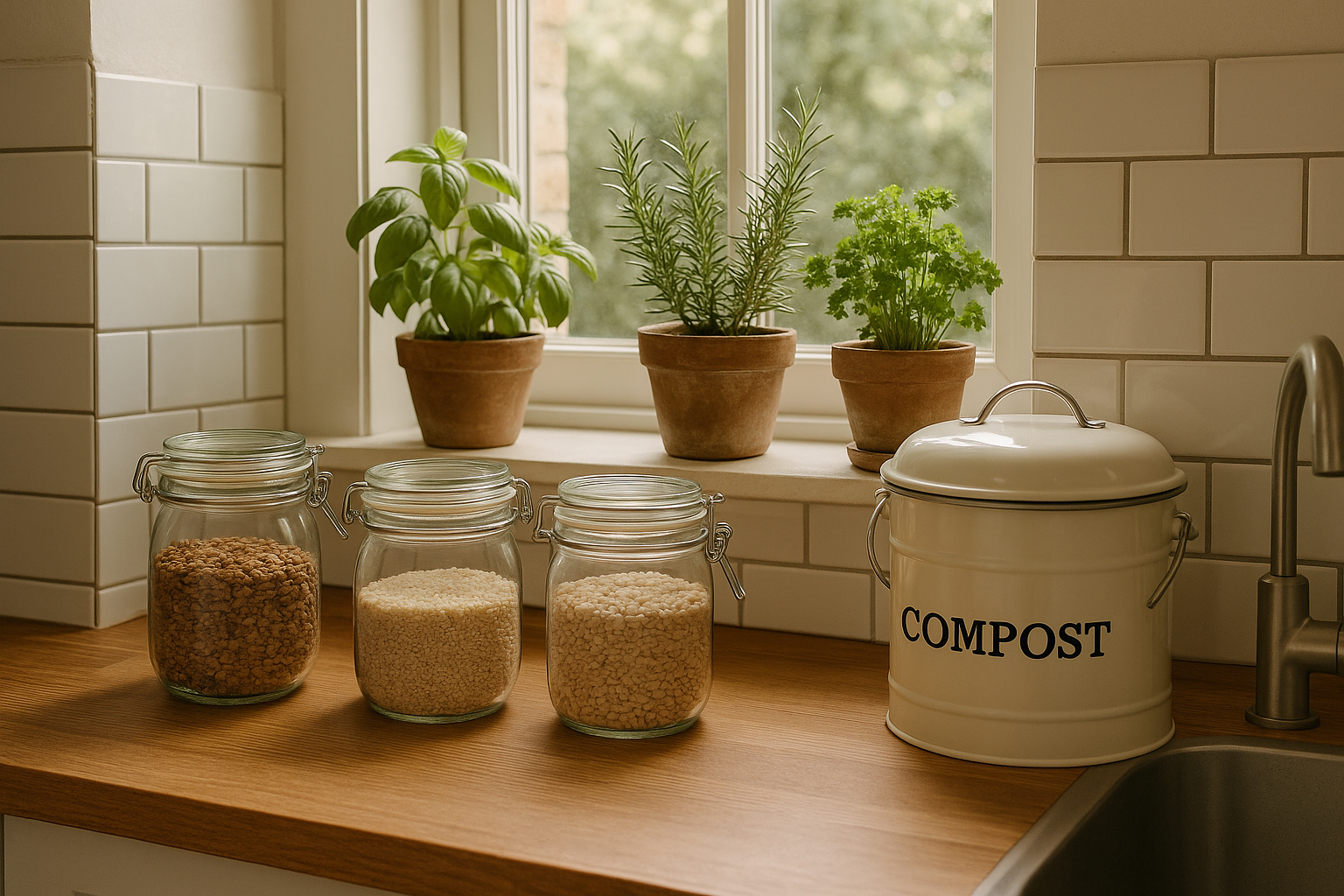Master Sustainable Living Practices Beginners Will Love Instantly
If you're eager to embrace a more sustainable lifestyle and want to start with practices that are both rewarding and easy to adopt, browse options that can seamlessly integrate into your daily routine.

Understanding Sustainable Living
Sustainable living involves making choices that reduce your environmental impact, conserve resources, and promote ecological balance. This lifestyle is not just about reducing waste but also about making conscious decisions that benefit the planet and future generations. By adopting sustainable practices, you can contribute to a healthier environment and potentially save money in the long run.
Getting Started with Sustainable Practices
For beginners, sustainable living may seem daunting, but it can begin with simple changes. Start by reducing your energy consumption—switch to energy-efficient appliances and LED lighting, which can cut your electricity bills significantly1. Additionally, consider water-saving fixtures and practices, such as shorter showers and using rainwater for gardening, which can conserve water and lower your utility costs2.
The Benefits of Sustainable Living
Adopting sustainable practices offers numerous benefits. Financially, you can save on energy and water bills, and by choosing products with less packaging or those that are reusable, you can reduce waste and costs associated with single-use items. Environmentally, your efforts contribute to reduced pollution and resource conservation. Health-wise, sustainable living often involves consuming more organic and locally-sourced foods, which can lead to a healthier diet and lifestyle.
Exploring Sustainable Transportation
Transportation is a significant contributor to carbon emissions, but there are sustainable options to consider. Opt for public transportation, carpooling, biking, or walking whenever possible. These choices not only reduce your carbon footprint but can also save you money on fuel and vehicle maintenance3. For those considering a vehicle purchase, electric or hybrid cars are increasingly affordable and come with incentives such as tax credits4.
Embracing Sustainable Food Practices
Food production and consumption have a significant environmental impact. You can make a difference by supporting local farmers through farmers' markets, which reduces the carbon footprint associated with transporting food long distances. Additionally, growing your own vegetables or starting a small herb garden can be both rewarding and sustainable. Composting kitchen waste is another excellent practice, turning waste into nutrient-rich soil for your garden5.
Reducing Waste and Recycling
Waste reduction is a cornerstone of sustainable living. Begin by minimizing single-use plastics and opting for reusable alternatives like cloth bags, stainless steel water bottles, and glass containers. Proper recycling is crucial; familiarize yourself with your local recycling guidelines to ensure you're contributing effectively6.
By integrating these sustainable living practices into your life, you not only contribute to a healthier planet but also enjoy the personal benefits of cost savings and improved well-being. As you explore these options, consider visiting websites and resources dedicated to sustainable living for more ideas and inspiration. The journey to sustainability is ongoing, and every small step you take makes a significant impact.